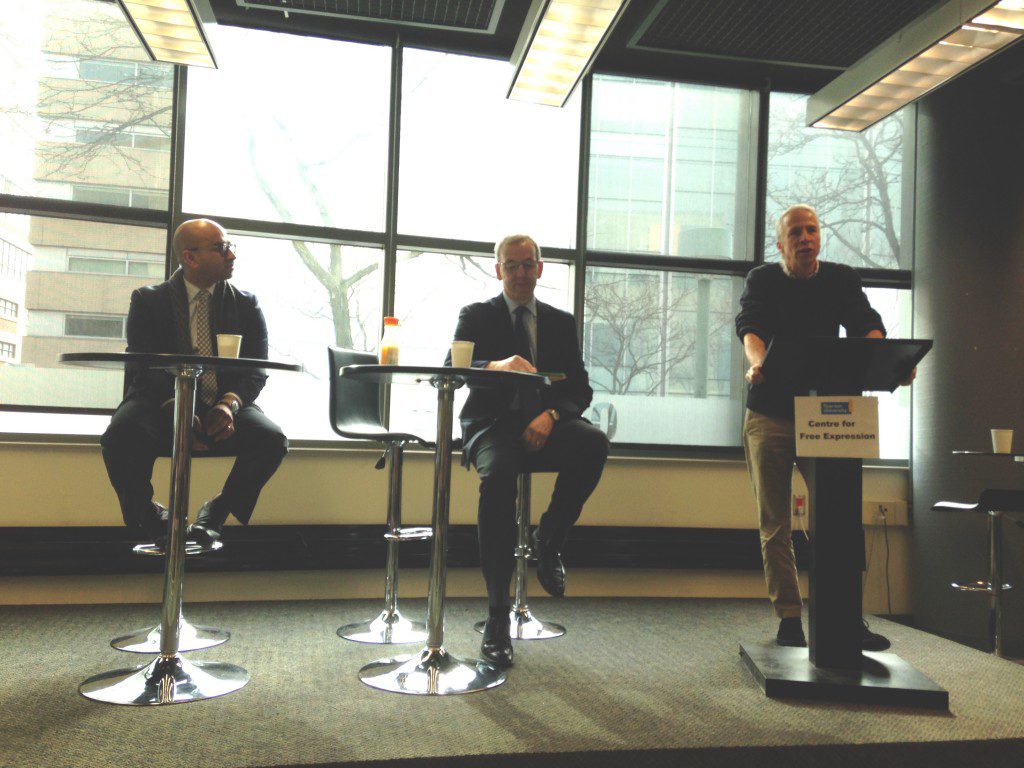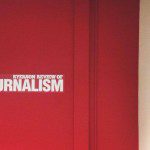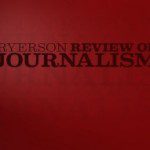Putting faith in hate: When is religion the source or subject of hate speech?
Freedom of speech is our right, but what happens when that free speech incites violence on members of a religion?
Richard Moon, a law professor at the University of Windsor, came to Ryerson University on Monday, November 23, to speak to students and community members about the fine line between hate speech and free speech. His conclusion? He doesn’t have one.
Moon’s lecture was focused specifically on speech related to the Muslim faith in relation to the recent Paris attacks. “When speech that attributes undesirable or dangerous qualities to a group that has been the recent target of hate and hate groups, it is more likely to be hate speech,” he said, citing how this speech can lead to the burning down of mosques and global violence against innocent Muslims.

Moon said that religion is a cultural and personal part of identity. When such a belief is deeply held, the impact of insult can be devastating on the believer. It’s an experience that outsiders to that belief may not understand. “The impact and insult may be greater for marginalized groups that see it as further subordination of a group in public,” he said. However, Moon drove home the point that there are different levels of belief in each religious group—not everybody associated with that religion will be insulted by offensive speech.
There was some discussion on journalists’ use of offensive speech relating to the Muslim faith, such as Mark Steyn’s article in Maclean’s entitled “The Future Belongs to Islam” and Jyllands-Posten’s publishing of cartoons depicting the Prophet Muhammad (see the image below). But while Moon asked his audience to question how this speech, used as a tool by members of the press, could incite hate against an entire group by calling its members “dangerous” and “violent.” But he also discussed the impact on free speech if religious criticism were to be silenced.
Moon said that personal beliefs should be open to debate. If religion is an untouchable area of free speech, then just about any belief can be claimed to be a part of an identity that can’t be insulted—political, scientific or cultural. How else would we function in this free and democratic society? But what if this speech, uncensored or unpunished by law, incites violence on the targeted group?
Confused? That’s the point. It’s a complicated debate, one where the chips fall on every side depending on your experiences and how you identify. As Moon said, there’s no other country where freedom of expression and freedom of religion can be so freely exercised. But in our multicultural landscape, they intersect. And so far, it’s been a collision, not a complement.
Amidst Moon’s own attempts to battle out the pros and cons of free speech on religion, there’s one stance he holds clear: it’s not the subjective experience of someone hurt by offensive speech that should be measured—it’s the context of that speech. But who decides that is another issue.
Eternity Martis is the Spring 2016 multimedia editor at the RRJ. She currently writes for the Huffington Post and Vice Canada. Her work has also been featured on Canadaland, xoJane, and Salon.













































